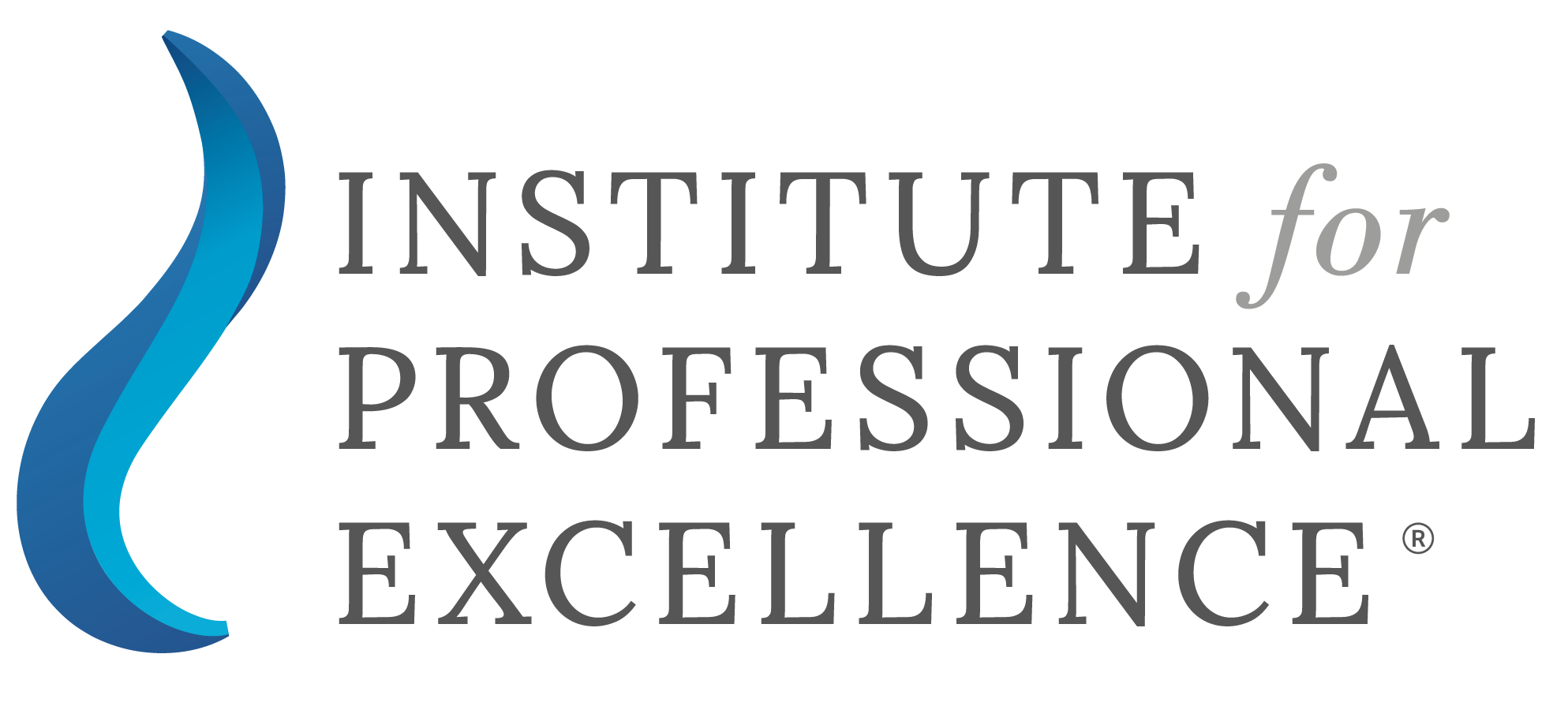Jan 4
/
Evdokia Pitsillidou
AML Regulatory Requirements
about the author
Evdokia, a partner at SALVUS Funds, is actively advising and working on all matters related to licensing, regulatory compliance, and internal audit for investment firms, funds, Electronic Money Institutions (EMI) & Crypto-Asset Services Providers (CASP).
- Member of the Global Institute of Internal Auditors (IIA)
- Member of the Cyprus Investment Funds Association (CIFA)
- Certified Actuarial Analyst (CAA)
- CySEC Advanced Certified Person
- CySEC certified Anti-Money Laundering Compliance Officer (AMLCO)
Cyprus established investment and financial institutions, regulated by competent authorities are obligated to ensure compliance with Anti-Money Laundering and Combating the Financing of Terrorism (AML/CFT) laws. Given the continually evolving landscape of money laundering and terrorist financing, these obliged entities face the challenge of staying current with their regulatory requirements and safeguard their businesses from exploitation.
In this blog post, the Institute's instructor, Evdokia Pitsillidou, seeks to explain the scope of the AML/CFT Directives developed by the Cyprus Securities and Exchange Commission (CySEC) and highlight key requirements. Additionally, she delves into the significance of an effective customer due diligence procedure and the essential components of ongoing monitoring required by regulated entities.
To serve this purpose, the IforPE platform, offers a comprehensive course for exploring the AML Duties, Responsibilities, Risks, KYC & CDD requirements. To conclude this blog post, we will provide you with insights into the knowledge you can acquire upon completing the course.
The CySEC Directives
As legal acts are enacted by the House of Representatives of Cyprus on a national level, supervisory authorities like CySEC play a crucial role in guiding regulated entities to effectively comply with their regulatory obligations. To achieve this, CySEC enforces three key directives within the AML/CFT Framework:
CySEC Directives apply to both individuals and legal entities under its supervision. These directives collectively cover the AML regulatory requirements for obliged entities, aligning with the national AML/CFT laws and incorporating European regulatory advancements.
Customer Due Diligence: KYC, KYT & KYW
Customer Due Diligence (CDD) is a fundamental AML regulatory requirement and a cornerstone of regulated entities' policies and procedures. It involves collecting information and documentation to verify potential clients and understand the purpose and nature of the business relationship. Using this data, firms assess the risk associated with each business relationship and implement appropriate monitoring to detect any suspicious activity or transactions that deviate from expected behavior.
Customer due diligence encompasses the following procedures:
Given these procedures, regulated entities must allocate significant human and technical resources to effectively manage ML/TF risks.
Professionals who complete this course will gain competencies related to AML duties, responsibilities, and the Customer Due Diligence protocol, ensuring full AML compliance.
The syllabus of the AML Duties, Responsibilities, Risks, KYC & CDD course includes:
The material of the course is delivered in PDF slides and online video recordings. Learners registered for this course are provided with the flexibility to learn wherever and whenever.
After completing the course, learners have the opportunity to assess their understanding of the covered material by answering a series of questions reflecting the gained knowledge.
The completion of this course counts towards the Continuous Professional Development (CPD) annual requirements for professionals, and holders of the CySEC Advanced, Basic and AML certifications.
In this blog post, the Institute's instructor, Evdokia Pitsillidou, seeks to explain the scope of the AML/CFT Directives developed by the Cyprus Securities and Exchange Commission (CySEC) and highlight key requirements. Additionally, she delves into the significance of an effective customer due diligence procedure and the essential components of ongoing monitoring required by regulated entities.
To serve this purpose, the IforPE platform, offers a comprehensive course for exploring the AML Duties, Responsibilities, Risks, KYC & CDD requirements. To conclude this blog post, we will provide you with insights into the knowledge you can acquire upon completing the course.
The CySEC Directives
As legal acts are enacted by the House of Representatives of Cyprus on a national level, supervisory authorities like CySEC play a crucial role in guiding regulated entities to effectively comply with their regulatory obligations. To achieve this, CySEC enforces three key directives within the AML/CFT Framework:
- The CySEC Directive regarding the prevention and suppression of money laundering and terrorist financing.
- The Directive concerning the Register of Beneficial Owners of Express Trusts and Similar Legal Arrangements.
- The Directive pertaining to the Register of Crypto Asset Service Providers.
CySEC Directives apply to both individuals and legal entities under its supervision. These directives collectively cover the AML regulatory requirements for obliged entities, aligning with the national AML/CFT laws and incorporating European regulatory advancements.
Customer Due Diligence: KYC, KYT & KYW
Customer Due Diligence (CDD) is a fundamental AML regulatory requirement and a cornerstone of regulated entities' policies and procedures. It involves collecting information and documentation to verify potential clients and understand the purpose and nature of the business relationship. Using this data, firms assess the risk associated with each business relationship and implement appropriate monitoring to detect any suspicious activity or transactions that deviate from expected behavior.
Customer due diligence encompasses the following procedures:
- Know Your Customer (KYC) – Identifying and verifying potential clients through targeted information and documentation.
- Know Your Transaction (KYT) – Monitoring customer transactions to ensure consistency with the entity's customer information and the purpose of the business relationship.
- Know Your Wallet (KYW) – Identifying the source of incoming funds and the destination of outgoing funds to assess their legitimacy.
Given these procedures, regulated entities must allocate significant human and technical resources to effectively manage ML/TF risks.
What is the AML Duties, Responsibilities, Risks, KYC & CDD course and what does it include?
The AML Duties, Responsibilities, Risks, KYC & CDD course is developed by SALVUS Funds and delivered by their Risk & Compliance Director, Evdokia Pitsillidou. This course is tailored for professionals working in Cyprus Investment Firms and Funds, Crypto Asset Service Providers, and other CySEC regulated entities, providing comprehensive insights into AML Regulatory Requirements.
The AML Duties, Responsibilities, Risks, KYC & CDD course is developed by SALVUS Funds and delivered by their Risk & Compliance Director, Evdokia Pitsillidou. This course is tailored for professionals working in Cyprus Investment Firms and Funds, Crypto Asset Service Providers, and other CySEC regulated entities, providing comprehensive insights into AML Regulatory Requirements.
Professionals who complete this course will gain competencies related to AML duties, responsibilities, and the Customer Due Diligence protocol, ensuring full AML compliance.
The syllabus of the AML Duties, Responsibilities, Risks, KYC & CDD course includes:
- Money Laundering - Terrorist Financing
- What is Money Laundering?
- Stages of Money Laundering
- Methods of Money Laundering
- What is Terrorist Financing?
- Differences between ML & TF
- Similarities between ML & TF
- ML & TF risks emanating from crypto-assets - The AML Regulatory Framework
- Supervisory authorities
- Powers of the supervisory authority
- AML Regulatory Framework - The CySEC Directive and Key Updates
- The AML Compliance Officer
- The AML Director
- The Alternate AML Compliance Officer
- The Risk-Based Approach
- The Primary Risk Factors
- Assessing & Managing Risks
- Reliance on Third Parties - Compliance Culture, Duties and Responsibilities
- Compliance Culture
- Stakeholders
- Board of Directors Responsibilities
- Client Acceptance Policy
- AML Compliance Officer Responsibilities
- Internal Auditor Responsibilities
- Education and Training
- Assessing and Managing Risks - Risk-Based Approach & Risk Scoring
- Risk-Based Approach
- Primary risk factors and associated risks
- Assessing and managing ML/TF risks
- Information to be collected
- Weighting risk factors
- Practical examples
- Customer Due Diligence & KYC, KYT, KYW
- Customer Due Diligence
- Simplified Customer Due Diligence
- Enhanced Customer Due Diligence
- Documentation
- Transaction Monitoring
- Wallet Identification
- CySEC Onsite Inspections - Circular C550
- Common deficiencies
- Good practices
The material of the course is delivered in PDF slides and online video recordings. Learners registered for this course are provided with the flexibility to learn wherever and whenever.
After completing the course, learners have the opportunity to assess their understanding of the covered material by answering a series of questions reflecting the gained knowledge.
The completion of this course counts towards the Continuous Professional Development (CPD) annual requirements for professionals, and holders of the CySEC Advanced, Basic and AML certifications.
Get in touch
If you have any questions about Evdokia's course or any other questions related to your training requirements, please contact us; we would love to help.
If you have any questions about Evdokia's course or any other questions related to your training requirements, please contact us; we would love to help.
From all of us at IforPE, the Institute for Professional Excellence,
Ancora Imparo
Ancora Imparo
navigate
The Institute for Professional Excellence is protected under a registered European trade mark. The figurative trade mark registration number is 018854840. This trade mark is protected under the European Union's legislation.

